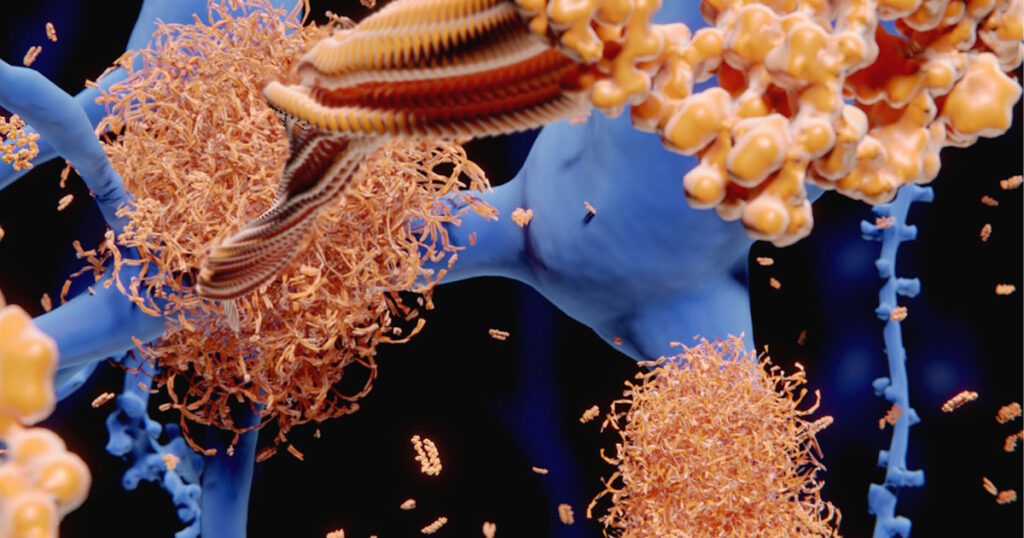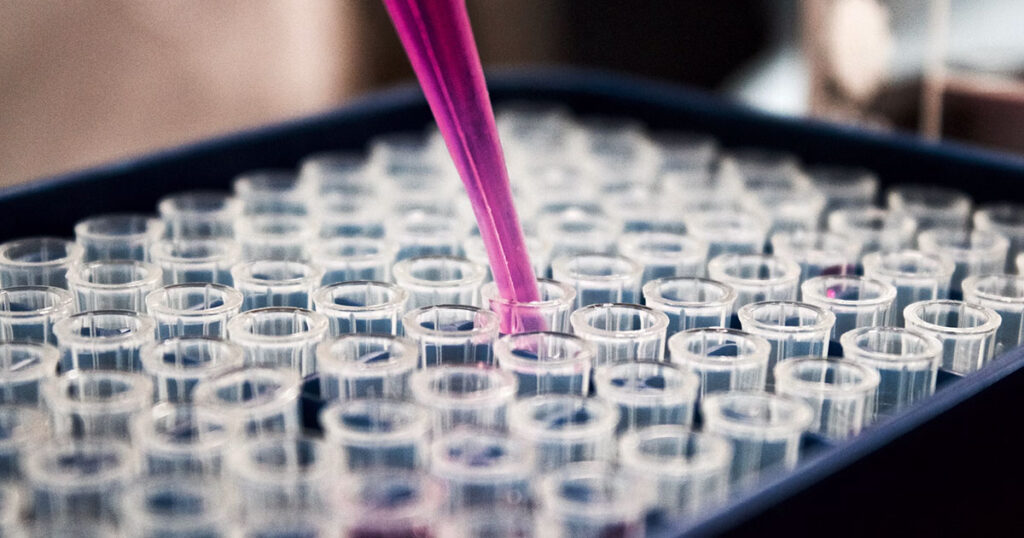Peptides, short chains of amino acids linked by peptide bonds, have become increasingly popular in various fields such as cosmetics, bodybuilding, and medical treatments due to their potential to provide numerous health benefits. These benefits range from anti-aging effects and enhanced muscle growth to improved wound healing and potential treatments for a variety of diseases. Despite their promise, it is crucial to approach peptide use with caution to ensure safety and effectiveness. This blog post will explore essential safety guidelines for using peptides.
1. Understand the Purpose
Before using peptides, it’s important to have a clear understanding of their purpose. Peptides are used for a variety of reasons, such as promoting skin health, muscle recovery, and even as potential treatments for certain conditions. Knowing exactly why you’re using peptides can help you choose the right type and avoid unnecessary risks.
2. Consult with a Healthcare Professional
One of the most crucial steps before starting any peptide regimen is to consult with a healthcare professional. This is especially important for individuals with pre-existing health conditions or those taking other medications. A healthcare provider can offer guidance on the appropriate type and dosage of peptides and monitor for any adverse effects.
3. Source Peptides Carefully
The market for peptides is vast and not always regulated. It is essential to source peptides from reputable suppliers to ensure their purity and safety. Products from unreliable sources may be contaminated or not contain the advertised peptide, posing significant health risks.
4. Follow Dosage Instructions
Peptides can be powerful, and their effects are often dose-dependent. Using too much can lead to adverse effects, while too little may not provide the desired benefits. Always follow the dosage instructions provided by your healthcare provider or the manufacturer. If in doubt, start with a lower dose and adjust as necessary under medical guidance.
5. Be Aware of Side Effects
Like any other compound, peptides can cause side effects. Common side effects include irritation at the injection site (for injectable peptides), fatigue, headaches, and dry mouth. If you experience any adverse effects, consult with your healthcare provider immediately.
6. Storage and Handling
Proper storage and handling of peptides are crucial for maintaining their effectiveness and safety. Many peptides require refrigeration, while others may be stable at room temperature. Follow the storage instructions carefully, and use sterile techniques when handling injectable peptides to prevent contamination.
7. Monitor Your Health
While using peptides, it’s important to monitor your health and note any changes, positive or negative. Regular check-ups with a healthcare provider can help assess the impact of peptides on your health and make adjustments to your regimen as needed.
Conclusion
Peptides offer exciting potential in various fields, but their use must be approached with caution. By understanding their purpose, consulting with healthcare professionals, sourcing from reputable suppliers, and closely monitoring your health, you can safely explore the benefits that peptides may offer. Always prioritize safety and efficacy to ensure the best possible outcomes from peptide use.




